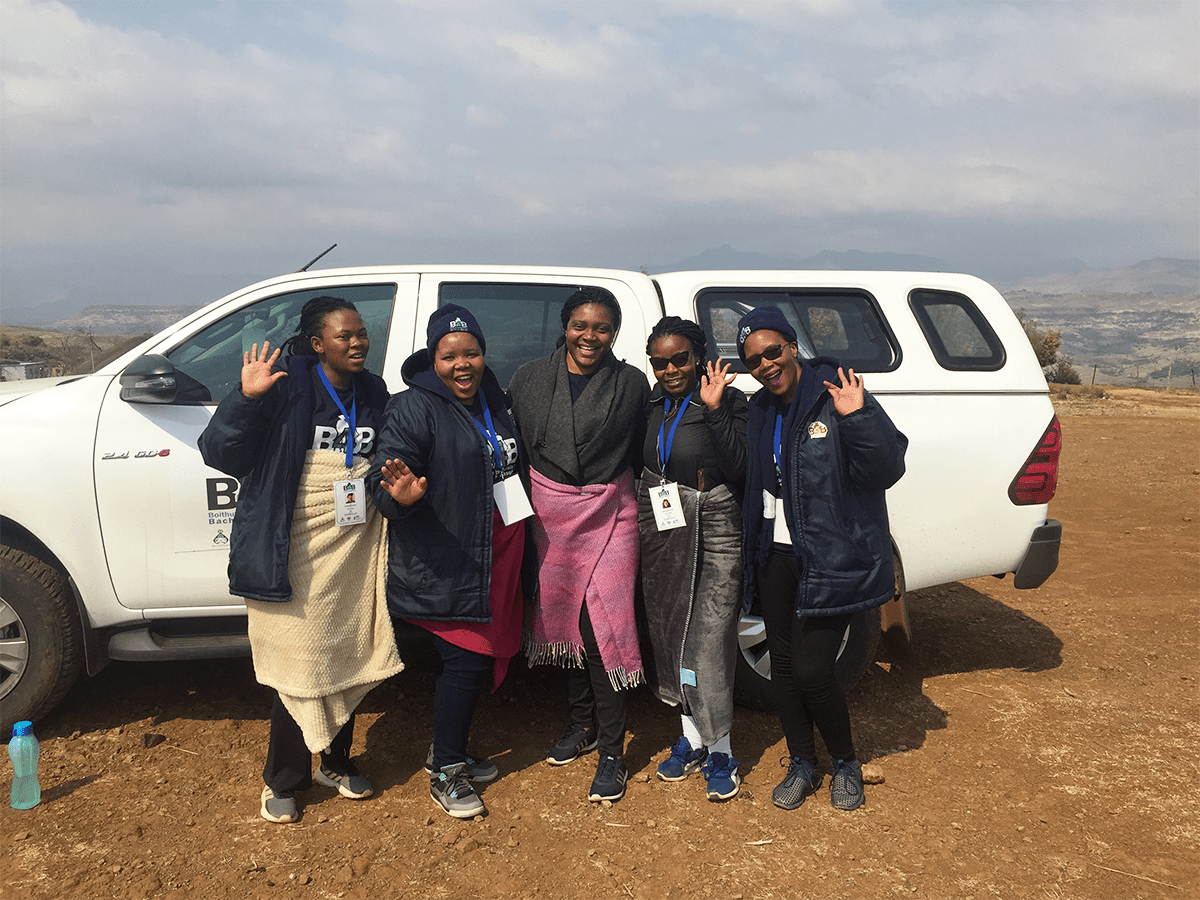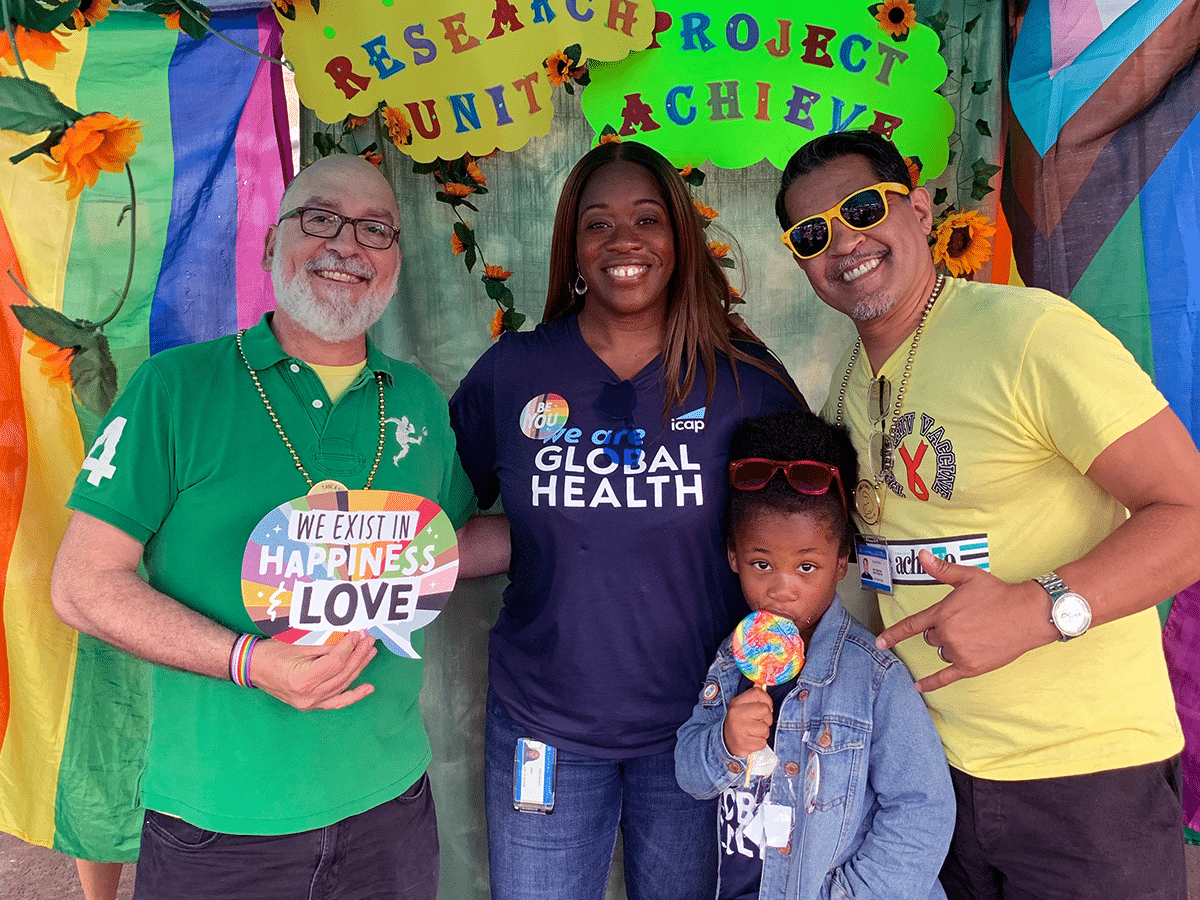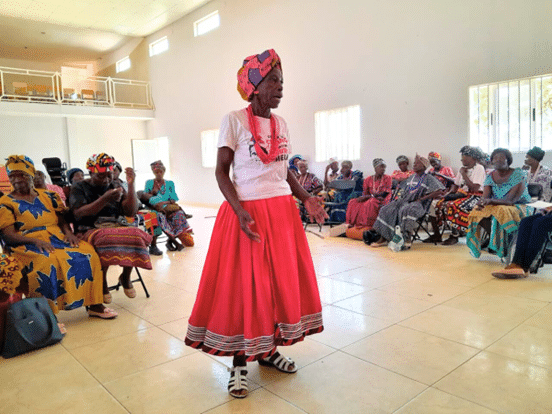Lesotho is a mountainous country in southern Africa where, in some areas, it is unusual to see a vehicle and the only means of transportation is by horseback. In such areas, accessing health and social welfare services can be a challenge, especially for children.
These remote areas were recently visited as part of a national Violence Against Children Survey (VACS) designed to collect data on the health and social welfare of children and young people in Lesotho. The VACS was implemented by ICAP at Columbia University (ICAP), under the leadership of Lesotho’s Ministry of Social Development (MoSD) with funding from the U.S. President’s Emergency Plan for AIDS Relief (PEPFAR) through the U.S. Centers for Disease Control and Prevention (CDC).
The VACS measured the prevalence of physical, emotional and sexual violence in young people aged 13-24 and identified the risk factors and consequences of violence. In Lesotho, VACS data was collected from June to September 2018, with more than 8,000 young men and women interviewed and 7,000 tested for HIV. In order to attain these numbers, teams of field staff had to endure harsh winter conditions and difficult terrain to reach children across the country. Some of the field staff had to travel on horseback, cross icy cold rivers on foot and walk long distances to reach the “hard-to-reach” communities and households.
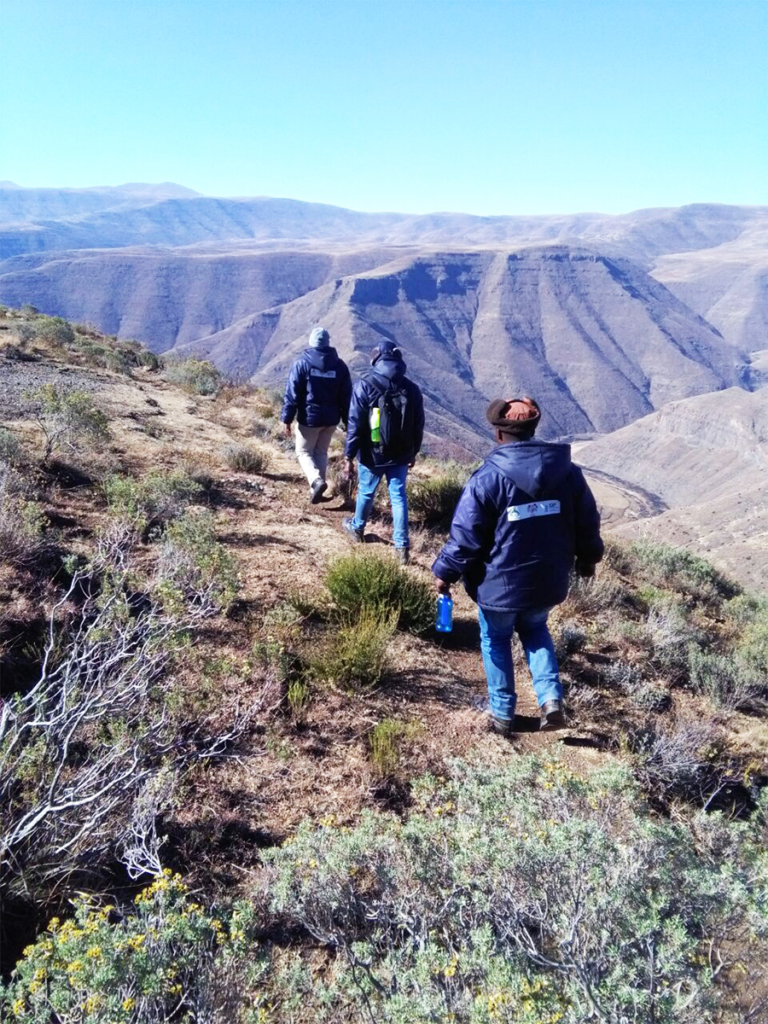
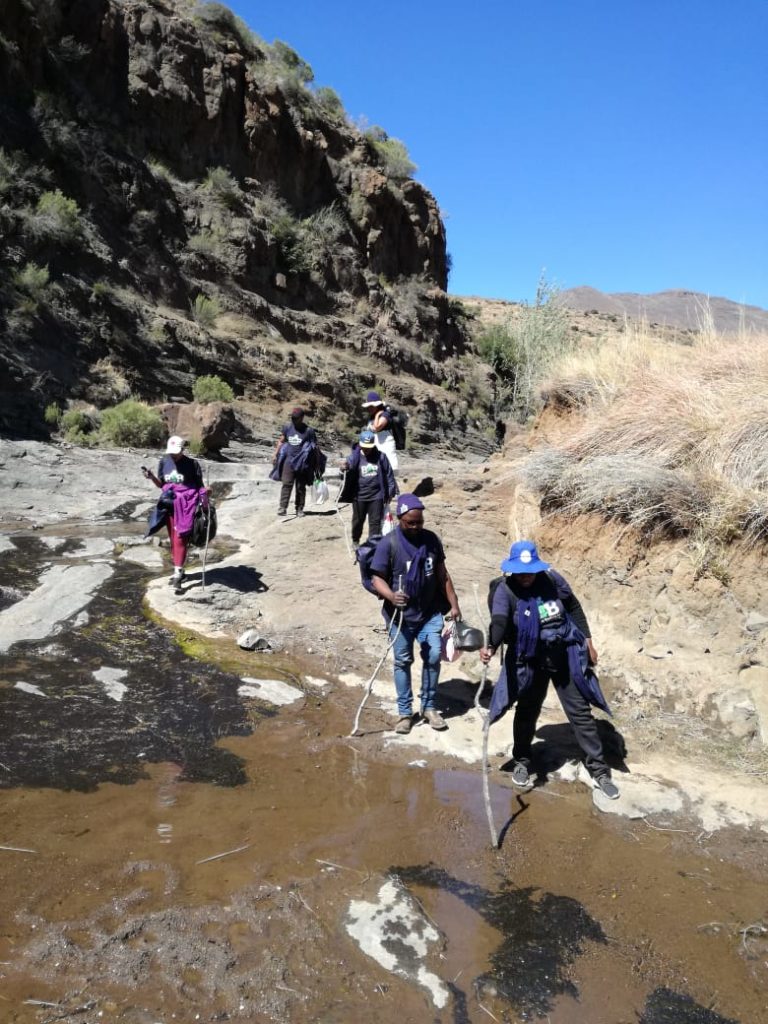
During survey implementation, ICAP field staff walked long distances to reach communities (left) and through icy rivers (right) to interview children.
“Harsh winter conditions with no proper heating system besides wood did not break our spirits to stay in one of the hard to reach villages in Mokhotlong,” said Makhala Motšoene, a social worker who was one of the interviewers. “At one point following the snowfall, we got held back and – as soon as the roads cleared – we continued with data collection. We also managed to refer some children for social welfare services where we knew they would get the help and support they needed.”
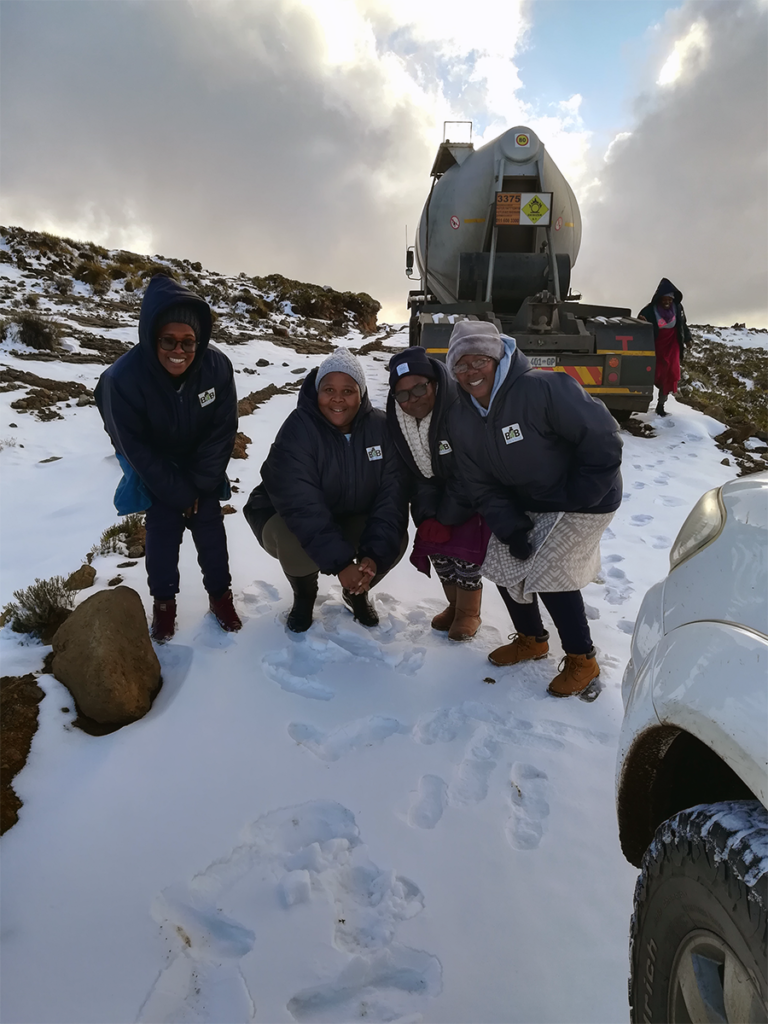
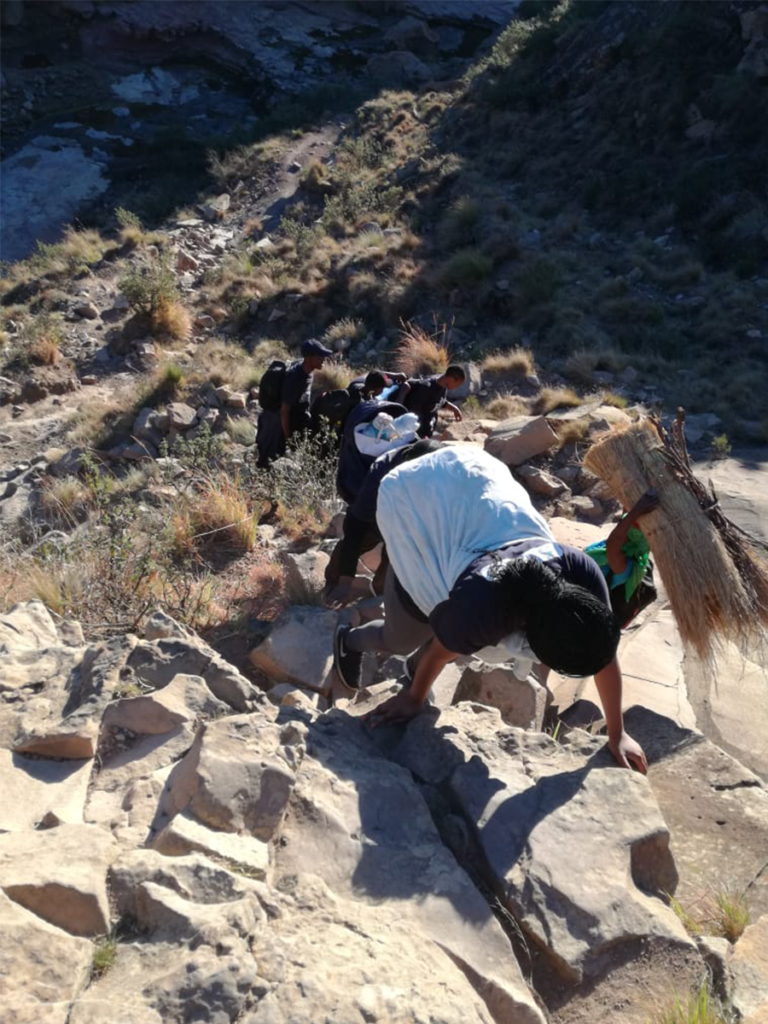
ICAP field staff often had to endure harsh weather, such as snow (left), and treacherous landscapes such as rocky hills and mountains (right) to cross before reaching households for the VACS survey.
ICAP data collection teams worked hand in hand with community-based social workers from the MoSD to offer additional legal, health, and psychosocial support for the children in need. “I was happy that we managed to reach the children who were in dire need of psychosocial support and MoSD Social Workers will continue to provide further services in our absence,” said ICAP Social Worker, Kasa Matekane. “Some of the children are now aware of important services they can access and how. I feel proud that I have contributed to making a small difference in children’s lives.”
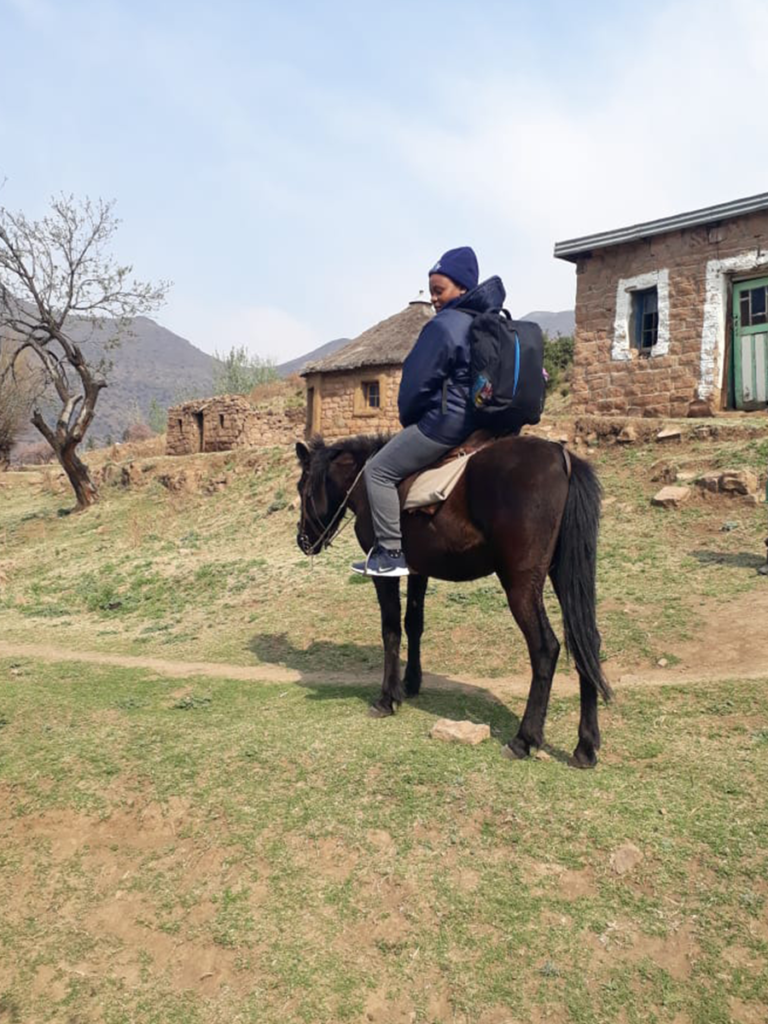
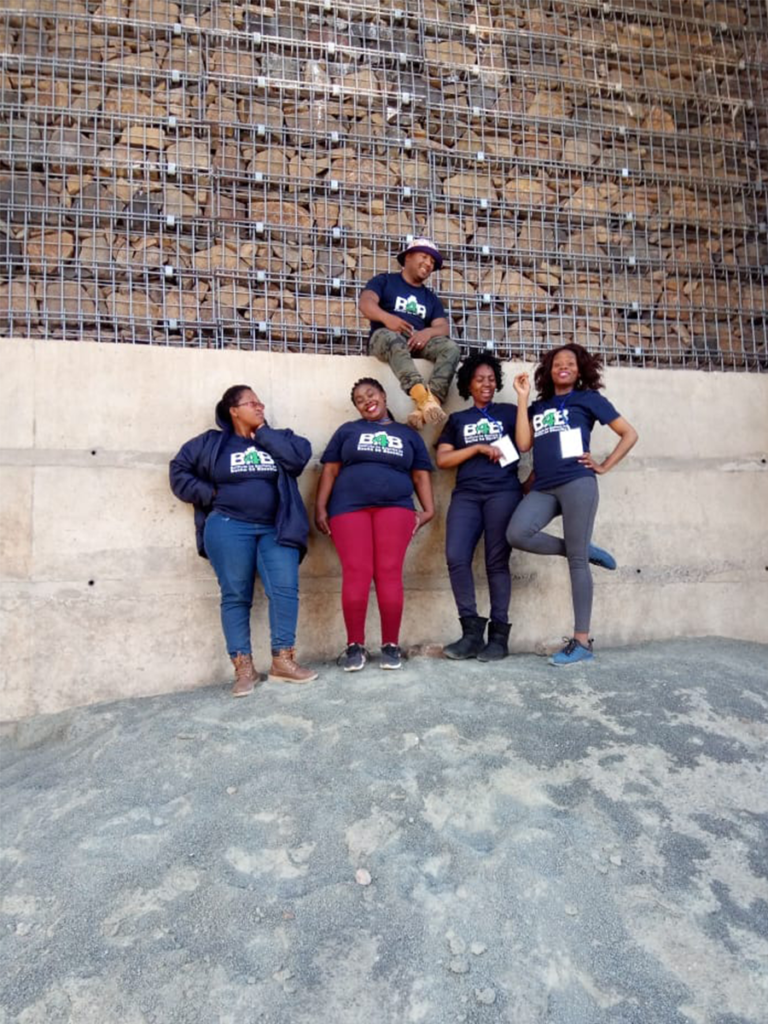
ICAP field staff often head to reach households in remote areas through horseback (left). The VACS field team posing altogether (right).
The release of a provisional report and a joint review of VACS findings on the burden of physical, sexual, and emotional violence against children and youth allowed the MoSD and its stakeholders to have a much better sense of how to prioritize their response. This resulted in the development of a data-driven, evidence-based National Action Plan to prevent and respond to violence against children, including responding to high rates of food insecurity, changing norms around child marriage for girls, and reducing emotional violence through parental training and education.
The final Lesotho VACS report will be released in Spring 2020 and will include in-depth information on the frequency and perpetrators of different types of violence, and predictors of these experiences in young people. The MoSD will continue to work with partners such as United States Agency for International Development (USAID), implementers of the DREAMS Partnership to Reduce HIV/AIDS in Adolescent Girls and Young Women, and The United Nations Children’s Fund (UNICEF), to improve prevention and treatment services in Lesotho.
Learn more about VACS here.


